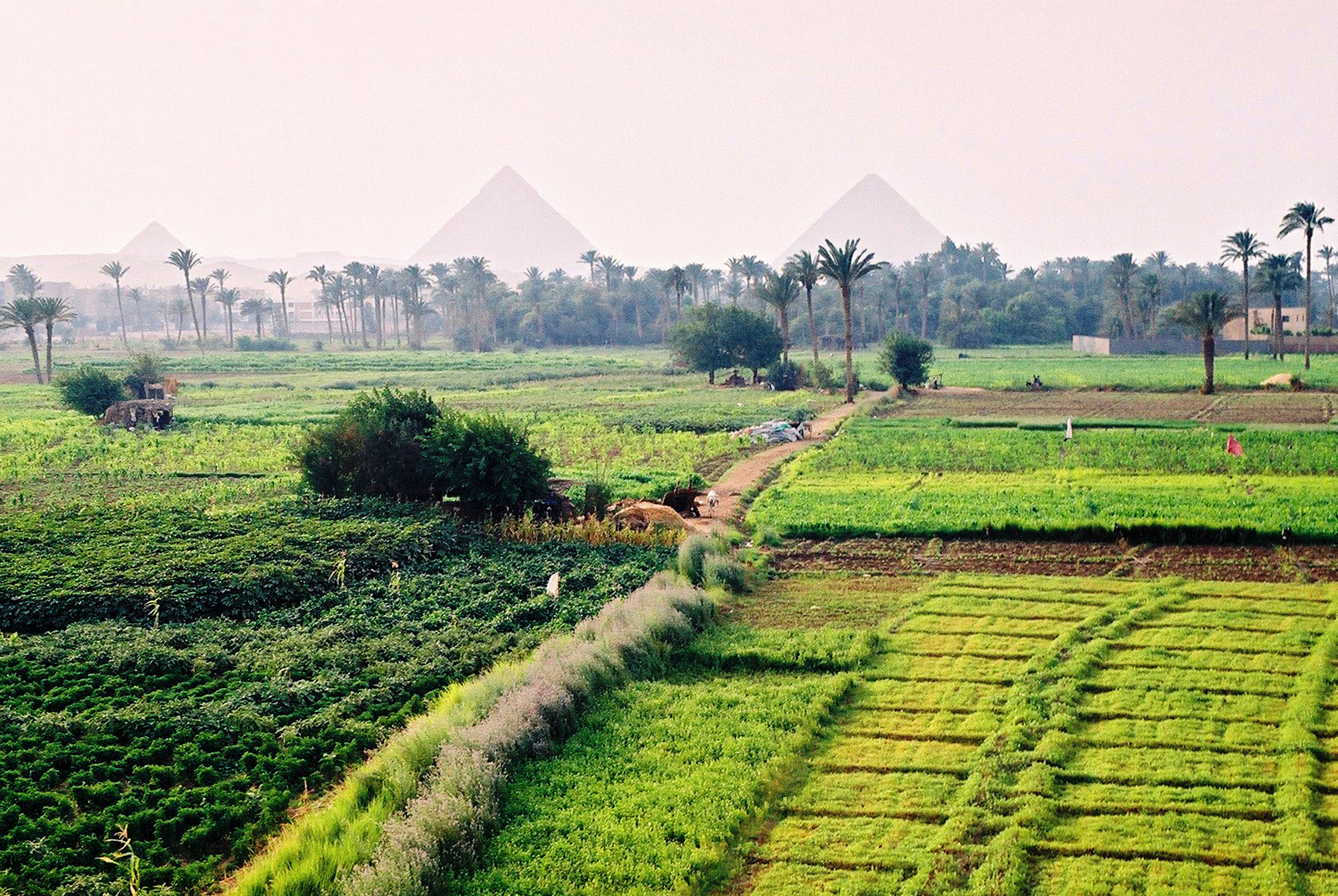Why South America Prefers Egyptian Fertilizers: A Deep Dive
Introduction to Egyptian Fertilizers
South America, with its diverse agricultural landscape, has increasingly turned to Egyptian fertilizers in recent years. This preference is not accidental but a result of strategic advantages that Egyptian fertilizers offer. In this blog post, we explore the reasons behind this trend and what it means for the agricultural economies in South America.

Geographical and Climatic Compatibility
One of the major reasons South America opts for Egyptian fertilizers is their compatibility with the continent's geography and climate. Much like Egypt, many parts of South America experience arid to semi-arid conditions. Egyptian fertilizers are formulated to work efficiently in such environments, providing essential nutrients that enhance soil fertility and improve crop yields.
The nutrient composition in Egyptian fertilizers is particularly tailored to address deficiencies common in similar climatic regions. This makes them an ideal choice for South American farmers who are looking to maximize their crop production in challenging environments.
Cost-effectiveness and Availability
Another factor contributing to the preference for Egyptian fertilizers is their cost-effectiveness. The competitive pricing of these fertilizers makes them accessible to a broader range of farmers, from smallholders to large agricultural enterprises. Additionally, the strategic location of Egypt as a global trade hub facilitates the efficient export of fertilizers to South America, ensuring a steady supply.

The availability and affordability of Egyptian fertilizers allow South American farmers to optimize their input costs without compromising on quality, which is a crucial consideration in an industry with tight profit margins.
Quality and Nutrient Composition
The quality of Egyptian fertilizers is another significant draw for South American farmers. These fertilizers are known for their rich nutrient composition, which includes key elements like nitrogen, phosphorus, and potassium—essential for healthy plant growth. Many Egyptian fertilizer manufacturers adhere to stringent quality standards, ensuring that their products deliver consistent results.
Moreover, some Egyptian fertilizers are enriched with secondary nutrients and micronutrients, which are crucial for addressing specific soil deficiencies. This tailored approach to fertilization helps in improving soil health and enhancing crop resilience against pests and diseases.

Environmental Sustainability
Environmental sustainability is becoming an increasingly important factor in agricultural practices worldwide. Egyptian fertilizers are often produced with sustainability in mind, using methods that minimize environmental impact. This aligns well with the growing trend in South America towards sustainable farming practices.
By choosing fertilizers that are both effective and environmentally friendly, South American farmers can contribute to global efforts to reduce the ecological footprint of agriculture while maintaining high productivity levels.
Conclusion
The preference for Egyptian fertilizers in South America is driven by a combination of factors including geographical compatibility, cost-effectiveness, high quality, and sustainability. As the agricultural sector continues to evolve, the strategic use of these fertilizers can play a pivotal role in enhancing food security and economic growth across the continent.
As more farmers recognize the benefits of using Egyptian fertilizers, it is likely that this trend will continue to grow, further solidifying the relationship between the two regions' agricultural sectors.
